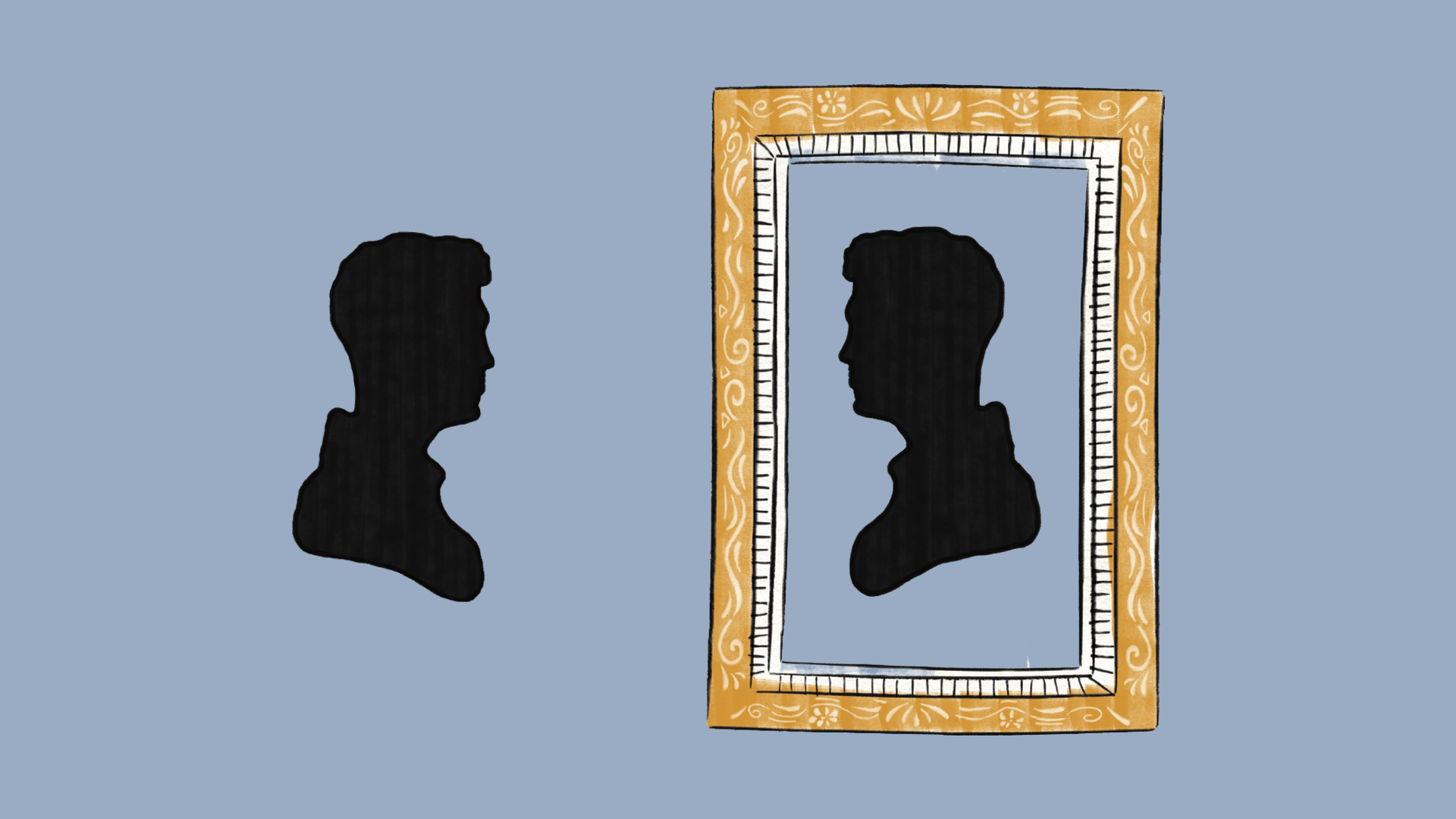If there’s one person who’s consistently dominated headlines, it’s Kanye West. Few artists of his generation have been able to draw as much ire and controversy from such a wide variety of demographics as Kanye. Recently, he’s gained attention for his political stances, including his outspoken support of Donald Trump, his claim that slavery “sounds like a choice,” his apparent support for accused rapists and domestic abusers such as A$AP Bari and XXXTENTACION, and his associations with reactionary, conservative pundits such as Candace Owens.
The hip hop community, where Kanye was almost universally respected, has also begun to lose patience. He lied about the release of his forthcoming album Yandi, released a single with completely nonsensical lyrics, and potentially revealed the identity of Drake’s child to rapper Pusha T, who then made it public.
I grew up listening to Kanye’s music, as did many of my friends and peers. My Beautiful Dark Twisted Fantasy was one of the first albums I’d ever owned, and it still stands as one of the best albums of the decade. Earlier hits like “Stronger” and “Gold Digger” were anthems of my elementary school years. Yeezus
helped me get through my angsty teenage years. The Life of Pablo contained some of the most beautiful production I’d ever heard on a hip hop record in my 18 years of life. Even his newest albums, his solo record Ye and his collaboration with Kid Cudi, Kids
See Ghosts, explored mental health issues in a way that I’ve never heard in hip hop, all accompanied by the quality production that fans have come to expect from Kanye.
Despite Kanye’s reputation as a controversial figure throughout his career, his reactionary political positions are relatively new developments. In 2005, he spoke out against LGBTQ+ discrimination and toxic masculinity in the hip hop community. “Looking at my rappers out there, hip hop is discriminating against gay people,” he said in an interview on MTV. “I wanted to just come on TV and just tell my rappers, just tell my friends, ‘Yo, stop it fam.’ Like, really, that’s just discrimination. To me that’s exactly what they used to do to Black people. I’m trying to tell people, just stop all that.”
This may seem like a bland statement now, but remember, this was 2005. The social environment was very different. Canada had only just legalized same-sex marriage, and both Hillary Clinton and Barack Obama’s official stances were that marriage should be between a man and a woman. That same year, Kanye also spoke out against the media coverage of Hurricane Katrina in his now famous “George Bush doesn’t care about Black people” speech.
“I hate the way they portray us in the media. If you see a Black family, it says they’re looting. If you see a white family, it says they’re looking for food,” Kanye said during a nationally televised telethon benefit. This sentiment translated into his music as well. “Crack Music” spoke about the crack epidemic in the US, and as recently as 2013, “New Slaves” touched on topics such as anti-Black racism and consumerism.
It’s difficult to pinpoint what exactly has happened since then. There are a seemingly infinite number of theories out there to explain away his new behaviour — his bipolar disorder, marrying into the Kardashians, or growing tired of the empty rhetoric of establishment Democrats are just a few. One thing that we know for sure, however, is that this isn’t the same Kanye. While I’d like to think that I can simply enjoy the music without worrying about the artist’s personal life, it isn’t that simple.

His first three albums were so positive and they made me feel good — My Beautiful Dark Twisted Fantasy introduced me to the scrutiny and myopia of celebrity life, for instance. But how can I sympathize with someone who simply doesn’t share my basic values? Even when Kanye talks about his mental health struggles — which are a very real and personal issue — it’s hard to personally connect with someone who appears to be so disconnected from reality.
Clearly, mainstream listeners have less of an issue with this than I do — and not just about Kanye. The late XXXTENTACION allegedly abused his pregnant girlfriend. His song “SAD!” reached number one on the Billboard charts. Tekashi69, who pled guilty to one count of use of a child in sexual performance, saw his song “FEFE” peak at number three. When a video was released of A$AP Bari attempting to sexually assault a nude woman, fellow A$AP Mob member A$AP Rocky jokingly dismissed it in his song “TonyTone,” suggesting that he “would say ‘suck my dick’ — but that’s sexual harassment.”
Despite how unsettling this may be, I understand why people don’t change their listening habits based on which artists they think are good people, which itself can be subjective. I imagine most people don’t want to come home after a long day, only to be told that one of their forms of escape is problematic.
At the same time though, it’s disappointing to realize that artists who have affected me on a personal level have ended up completely different from how I’d hoped. As a society, we shouldn’t expect all of our artists to be amazing people.
But it’s difficult to listen to someone who raps that he sees “women as something to nurture, not
something to conquer” while supporting a president who has routinely treated women as objects.
Frankly, I almost envy people who can fully separate the art from the artist. It certainly makes music more enjoyable.
If it ever releases, I’ll probably still listen to Yandi, and it’ll probably still sound amazing. But it won’t ever be the same, even if Kanye renounces his past statements.
